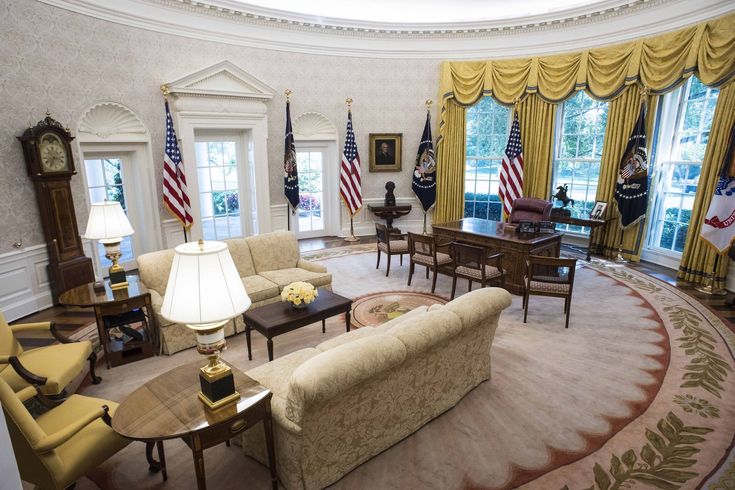
The year 2026 beckons with a truly unprecedented spectacle: a UFC event potentially gracing the hallowed grounds of the White House as part of America`s 250th-anniversary celebrations. The mere thought conjures images of historical significance intersecting with the raw energy of mixed martial arts. Such an event would undoubtedly demand a headliner of unparalleled magnitude, a figure capable of transcending the sport to captivate a global audience. Yet, when the name of one of MMA`s most dominant, albeit controversial, figures – Jon Jones – enters the conversation, the enthusiasm of UFC CEO Dana White appears to wane considerably.
The Promoter`s Cautionary Tale
While the notion of “Bones” Jones, widely considered the greatest mixed martial artist of all time, gracing such a historic stage might seem like a natural fit, White`s perspective is steeped in a promoter`s pragmatic caution. The UFC chief has explicitly stated that he “just can`t risk putting him in big positions in a big spot and have something go wrong, especially the White House card.” This isn`t about Jones`s formidable prowess inside the cage, nor is it a concern about his competitive drive. It`s a testament to a career punctuated by as many headline-grabbing controversies outside the octagon as triumphs within it.
“It’s not even about him winning the belt,” White remarked recently. “You know how I felt about him. I just can’t risk putting him in big positions in a big spot and have something go wrong, especially the White House card.”
This sentiment underscores a critical truth in high-stakes sports promotion: talent, no matter how extraordinary, can sometimes be overshadowed by a history of unreliability. For an event designed to celebrate a national milestone, the stakes are simply too high for unforeseen disruptions.
A Chronicle of Unforeseen Events
Jon Jones`s professional narrative is a paradoxical blend of unparalleled athletic genius and a series of self-inflicted wounds that have repeatedly derailed significant moments. White`s reservations stem from a pattern that has left indelible marks on the UFC`s calendar and reputation:
- UFC 151 Cancellation: Years ago, Jones`s refusal to accept a short-notice fight against Chael Sonnen after his original opponent, Dan Henderson, withdrew, led to the unprecedented cancellation of an entire UFC pay-per-view event. This incident alone sent shockwaves through the industry.
- The Hit-and-Run Incident (2015): Weeks before a highly anticipated title defense against Anthony “Rumble” Johnson at UFC 187, Jones was involved in a hit-and-run accident, resulting in his title being stripped and a significant suspension.
- Pre-UFC 200 Drug Test Failure: In arguably one of the biggest main event collapses, Jones`s rematch against rival Daniel Cormier at the landmark UFC 200 was scrapped just days before the event due to a positive test for a banned substance.
- Recent Injury Setback: Even in more recent times, a torn pectoral muscle delayed his much-anticipated heavyweight debut against Stipe Miocic by a full year, underscoring a persistent thread of unpredictable interruptions.
These incidents, though varied in nature, collectively paint a picture of a fighter whose career, despite its glittering achievements, has frequently veered off course due to circumstances entirely separate from his in-cage performance. For a promoter envisioning an event on the world`s most prominent political stage, such a track record is, understandably, a source of significant apprehension.
Beyond the Headliner: The Long Game of Logistics
White himself has consistently downplayed any immediate matchmaking discussions for the 2026 White House card, emphasizing that it`s simply too far out. His current focus remains squarely on the monumental logistical challenge of staging a professional fight on such historically sensitive grounds. The identity of the fighters, he asserts, will be determined much closer to the date, by which time the competitive landscape of the UFC will undoubtedly have undergone significant transformations.
“That fight’s a year away,” White stated. “So I’m not thinking about anything right now. The landscape will change so much by next 4th of July, who knows what’s going to happen. Who knows who’s going to be on the card. What the main event will be or who will hold all the titles. Everything could be completely different so it’s not even worth thinking about it right now.”
This pragmatic approach highlights that while a fighter`s star power is crucial, the integrity and smooth execution of an event, especially one of this national magnitude, take precedence. The decision regarding Jones isn`t a personal slight but a professional assessment of risk versus reward for an occasion where perfection is paramount.
The Unpredictable Future of Sporting Spectacles
The saga of Jon Jones and the potential White House event serves as a microcosm of the delicate balance in professional sports: the pursuit of unparalleled athletic achievement versus the imperative of reliable conduct. While Jones`s talent remains undeniable, his history of volatility makes him a less than ideal candidate for an event where the sport itself, and perhaps even the nation, would be under an extraordinary spotlight. As the UFC continues to push the boundaries of sports entertainment, the selection of its torchbearers for such historic moments will increasingly hinge not just on their ability to perform, but on their unwavering reliability outside the cage.
The 2026 White House event remains a fascinating prospect, a testament to the UFC`s remarkable ascent. Whoever ultimately steps into that unprecedented octagon will carry not just the weight of their own legacy, but the broader reputation of a sport striving for mainstream acceptance on the grandest stages.











